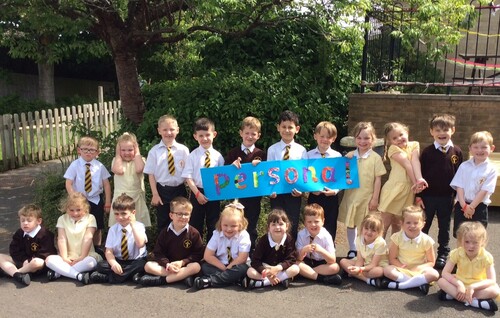


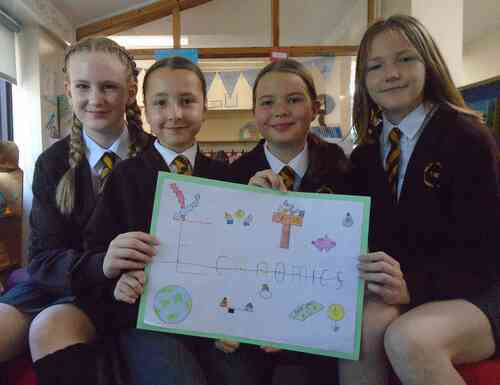
Our vision encompasses understanding relationships, personal identity, and emotional awareness. We prioritize physical health and safety while fostering confidence, respect, and social skills for flourishing connections. Additionally, we aim to nurture mental well-being, community understanding, and media literacy. Our commitment is to empower children with knowledge, empathy, and resilience.
PSHE and Relationship Education Curriculum Overview
Our PSHE policy reflects the requirements which have been set out by the new DfE Relationships Education, Relationships and Sex Education (RSE) and Health Education document. We have taken advice and based our curriculum on the PSHE Association planning and guidance. There are three core themes:
We have amended the PSHE Association planning to incorporate the RSE objectives from the scheme ‘SCARF’ (in particular, the Sex Education objectives). At Holy Trinity, we feel that it is vital that the RSE curriculum is taught throughout the school in each year group rather than a standalone block of lessons in specific year groups. This gives the children many opportunities to address certain topics and misconceptions can be addressed as soon as possible.
Community Time takes place at least once a fortnight in all classes. During Community Time sessions, the pupils will learn about:
Community Time can also be used to develop skills based on what the class needs at the time, for example: friendships, behaviour, identity or emotional literacy (such as Anxiety Gremlin) etc. This varies depending on the pupils and needs in the class.
Please see the Personal Development pages for more information
At Holy Trinity, we feel it is paramount to ensure that our children leave our school fully prepared and have the skills to flourish in their life ahead of them. As a school, we explicitly teach 3 life skills within each year group throughout the course of the year. This is in addition to our PSHE curriculum. Please see below the life skills for each year group.
Careers Fair
This week we have held our first Careers Fair at Holy Trinity School. The Year 5 and 6 children thoroughly enjoyed the opportunity to talk to experts and learn more about the different jobs there are. Thank you to everyone who volunteered to come in and talk to the children
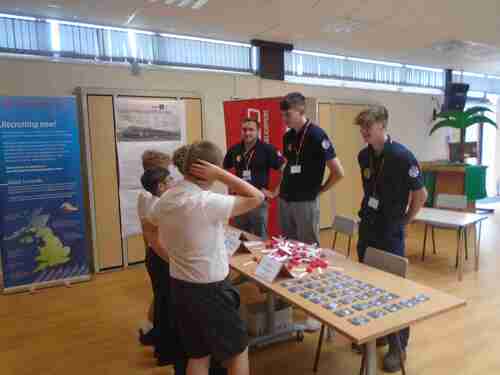
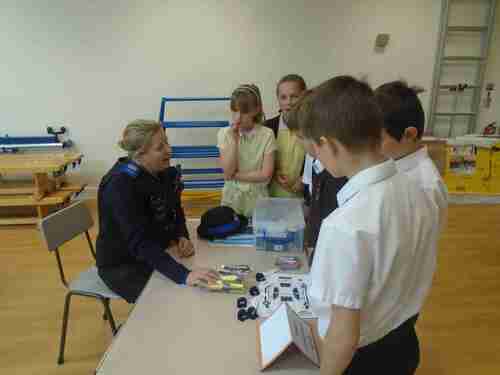
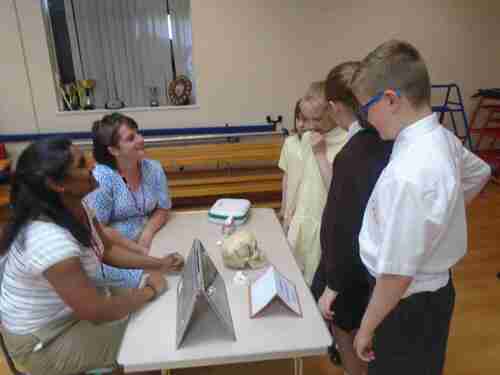
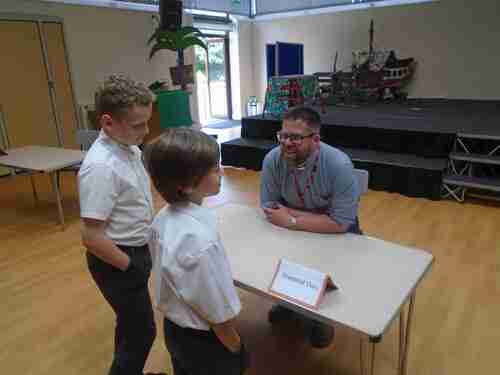
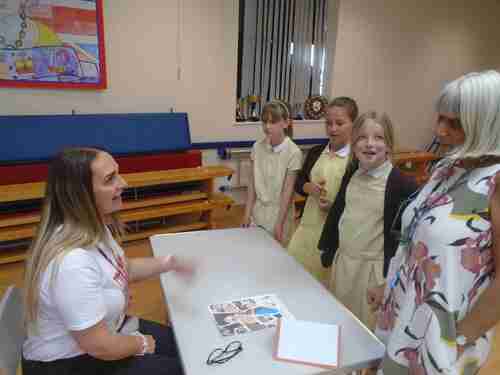
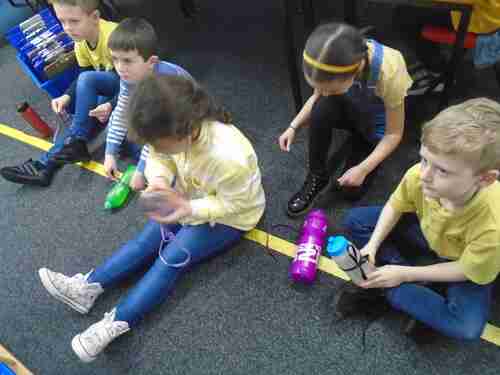
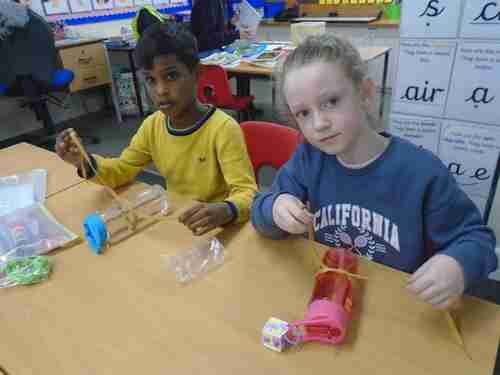
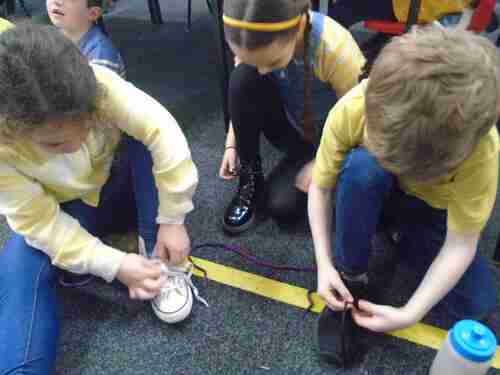
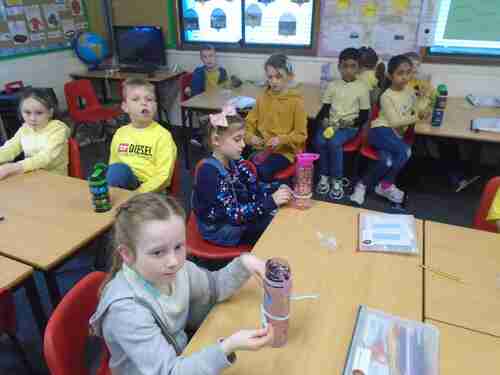
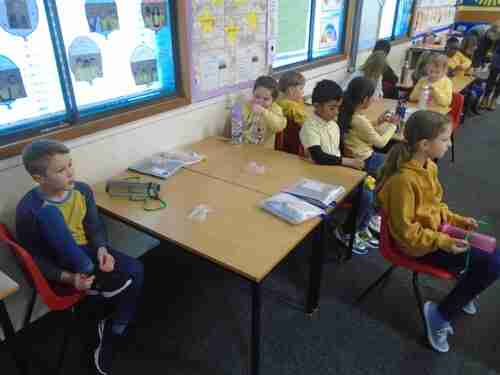
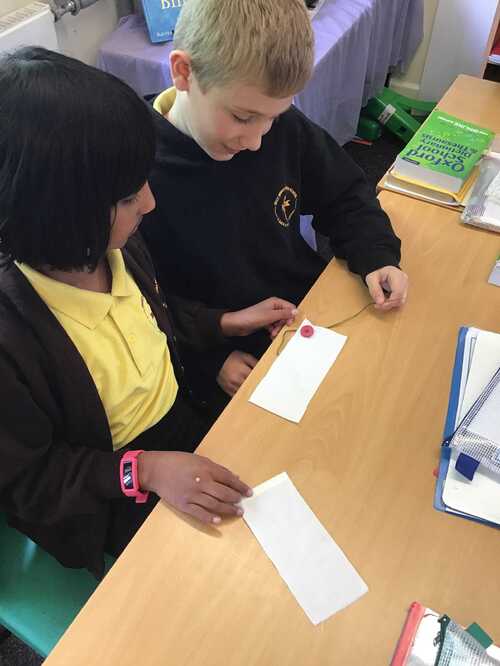
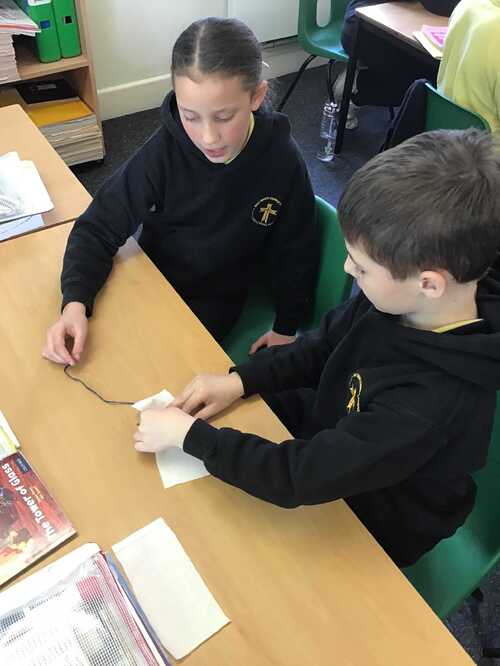
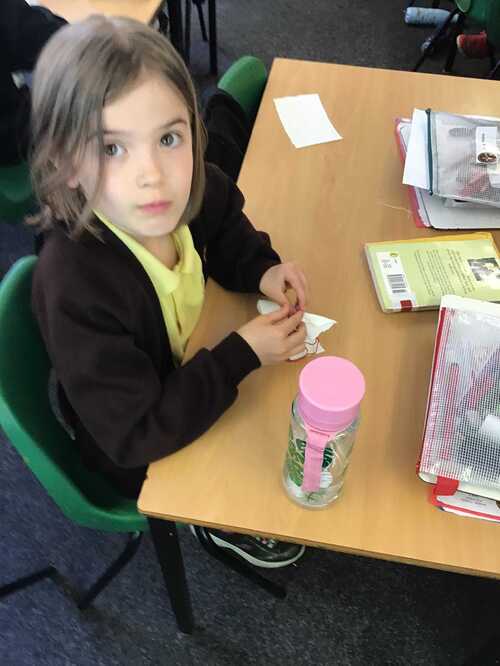
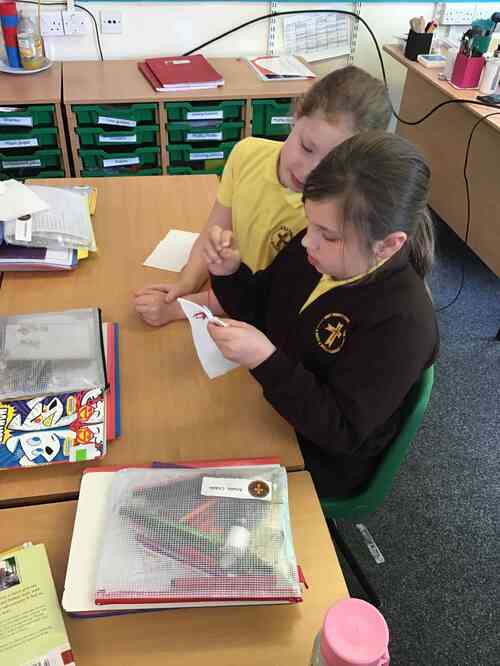
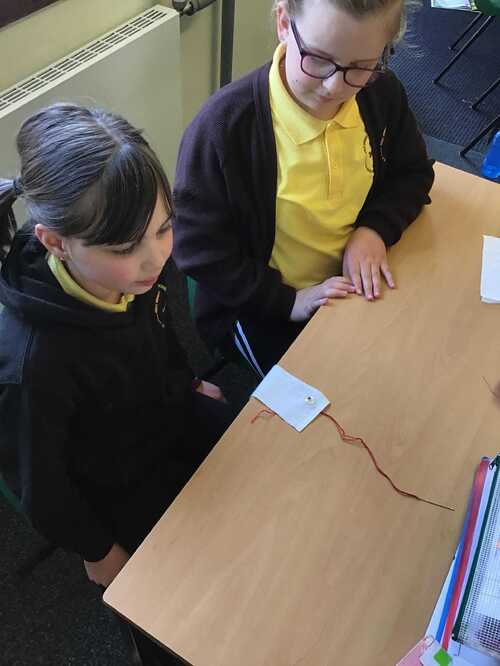
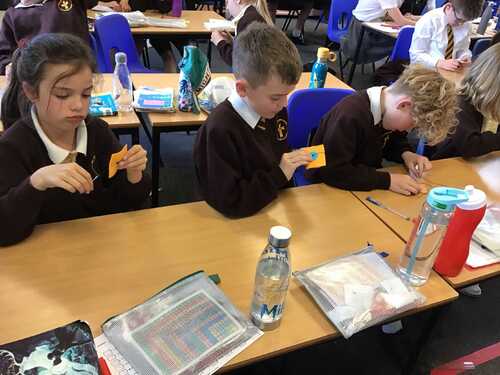
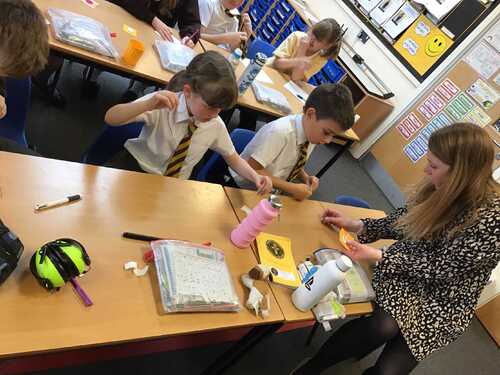
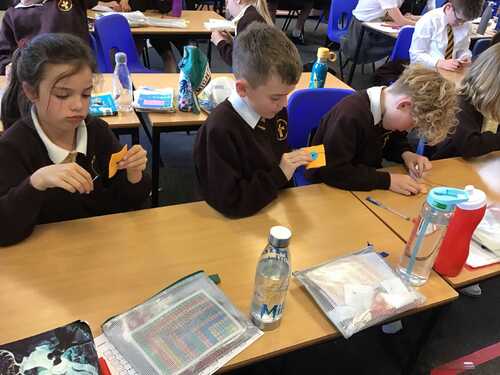
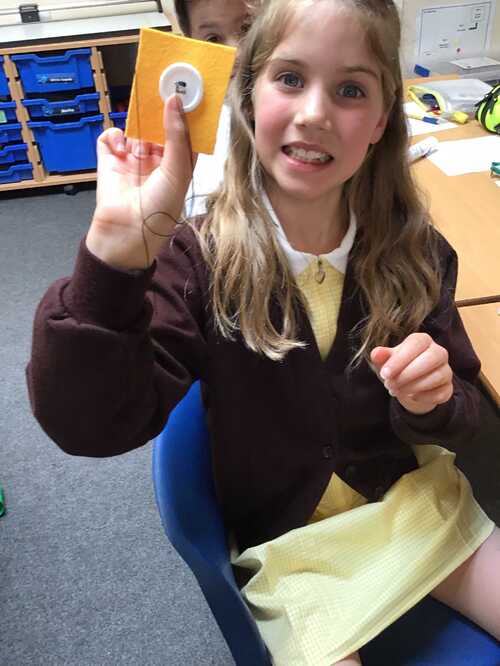
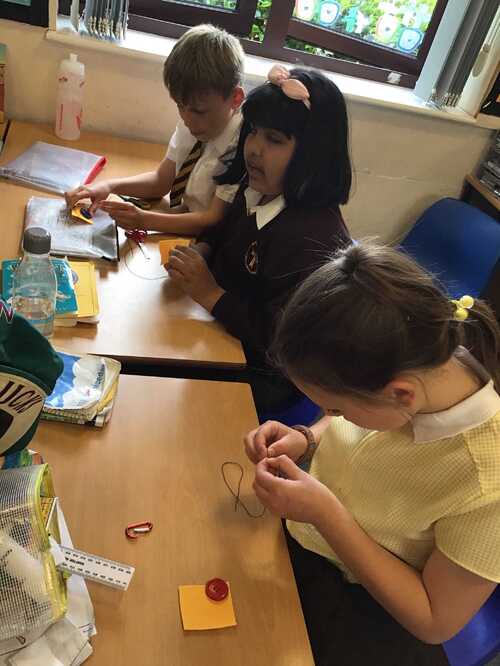
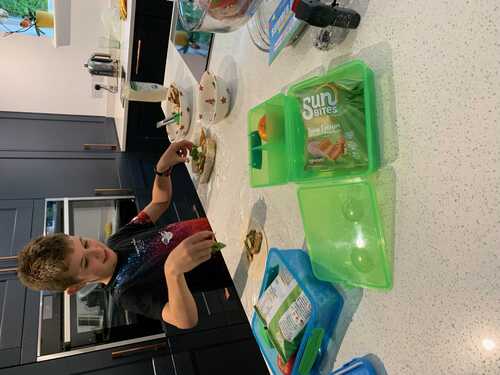
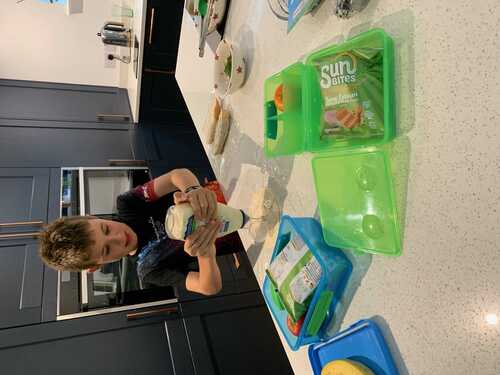
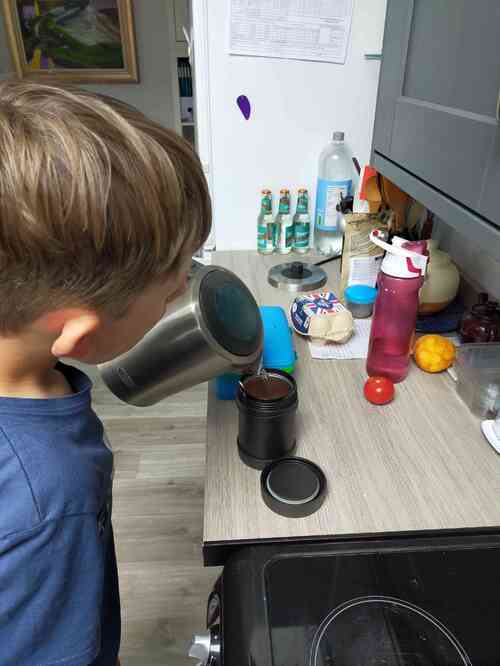
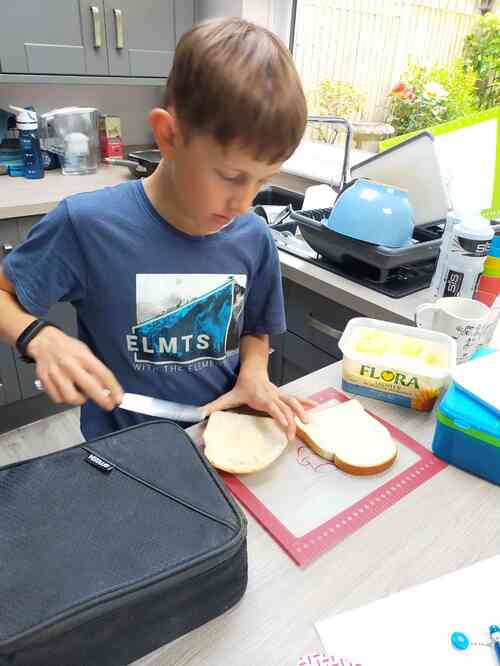

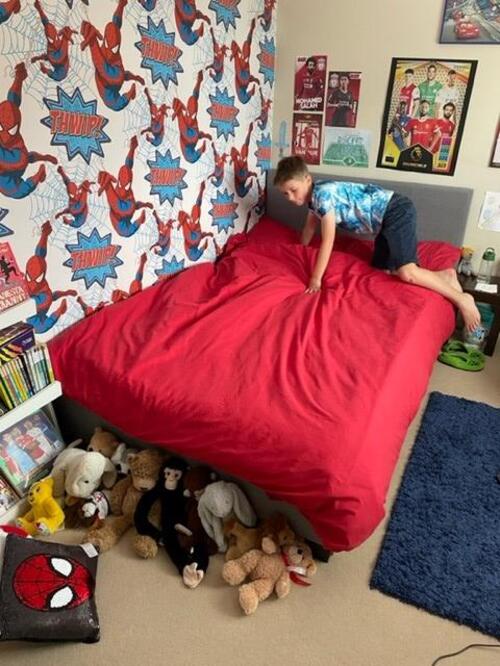
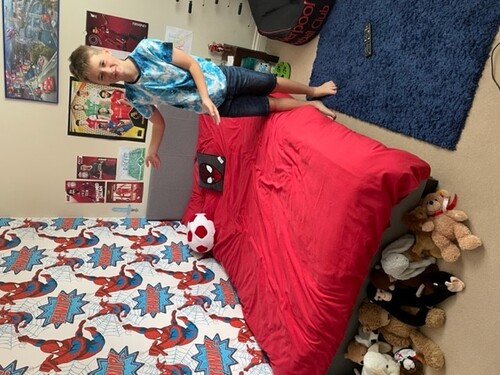
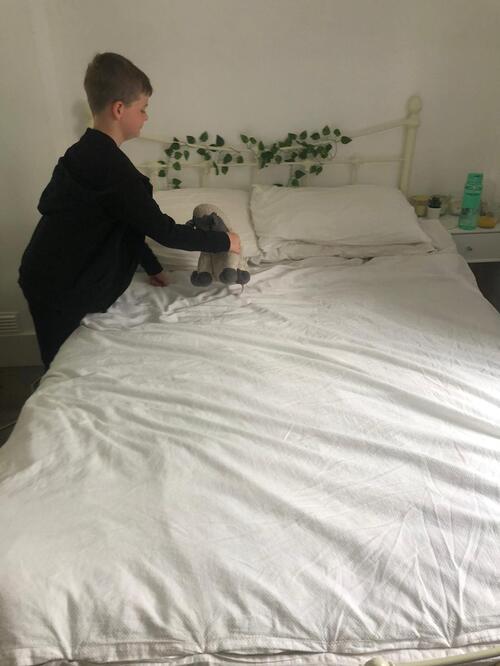
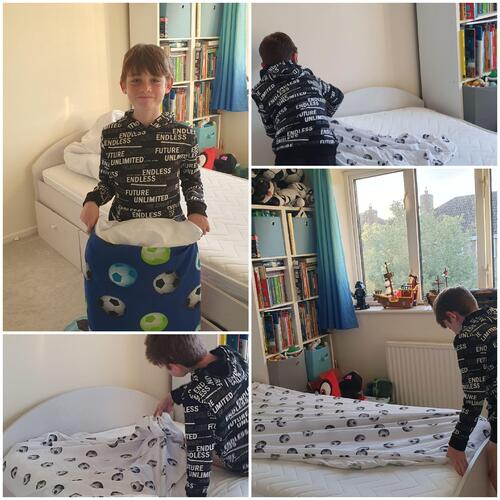
At Holy Trinity, we believe that children should not have internet access completely restricted, but they should be educated to make the right choices to become responsible users of technology. We teach online safety throughout the academic year. We can say that we trust our children but we must remember that they are in fact children and it is our duty as adults, parents and carers to support and guide them.
We have an online safety policy and a Project Evolve progression grid that provides information on what will be taught in different year groups.
We believe that filtering and monitoring internet access is essential to safeguard our pupils and maintain a positive educational experience.
Key points of the filtering and internet safeguarding system include:
By adhering to this approach, we can create a safer online environment that promotes responsible digital citizenship and supports a positive educational experience for all students. For additional information please see our online safety policy
Parents and carers play a key role in helping children to stay safe online. You don’t need to be an expert! The school is here to support and advise you so your child can use the internet safely, responsibly and positively.
Guidance_for_parents_Keeping_your_child_safe_online.pdf
There is nothing like sitting down with your children and joining in with some of their online activities and games to find out just why they find them such fun.
It is important to talk to children and to understand what they are looking at and how they use technology. Have the conversation on an ongoing basis about staying safe online. Make sure that it’s a discussion with a positive and supportive outcome rather than an interrogation.
Encourage them to share their experiences and see if they have any advice for you; see what they know and where they know it from. Protecting personal information is essential in staying safe online. Find out from your children what they think is okay to share and what isn’t.
Going online is something that children are often left to do alone, which exposes them to risks. Instead, think about how you can use the internet with your children to enjoy activities together. Encourage your children to use devices in your company rather than in their room.
Children are often given devices with internet access by friends and family without considering safety first. It's important to make sure parental controls are set on devices, online accounts and within apps.
Always check the app store that your child will be using has appropriate controls, some offer family accounts where you can manage your child's account and device from your own. It is always good to look at new apps and games with your children and get parental controls in place from the start.
Check with your Internet Service Provider (ISP) to make your connection is safe. Many ISPs offer services to filter inappropriate websites and services.
Like films in the UK, apps and games are age rated. Where films are rated by the BBFC, apps are rated by individual app stores. Each app store maintains its own age rating system, so the same app may be rated differently depending which app store you use. Like films, however, games are rated by the PEGI (Pan European Game Information) rating system. It is important to note that, at the time of writing, the PEGI rating system only looks at the content in the game and not in-game chat.
When we take our children to the cinema we may decide to take them to a 12A film but we accompany them and ensure that the content is appropriate; this should be the same with apps and games.
https://pegi.info/what-do-the-labels-mean/
Many online games include the option for players to communicate via in-game chat. This can vary from game to game and can take the form of preset messages/symbols, text chat and voice chat. Games and apps for children with chat functions are usually moderated or filtered, it's important to look at each app to decide if it is safe. Voice chat is harder to moderate and therefore is unlikely to be suitable for primary aged school children.
Most apps and games provide functions to report and block messages. Children should be supported to raise concerns and to block and report comments that make them feel uncomfortable. In many apps and games chat can often be turned off or set to 'friends only'.
Children tend to imitate actions and characters from games. These can be inappropriate and could cause distress to other children. It is important to look at the content in games before deciding if it is suitable.
If a parent or carer makes the decision to allow their child to play a game that is outside of their age rating it is important that they explain why to the child. It is also important to explain that their friends may not be allowed to play the same game. They should be taught to be considerate of other children and their parents' and carers' decisions.
https://www.saferinternet.org.uk/advice-centre/parents-and-carers
https://www.nspcc.org.uk/preventing-abuse/keeping-children-safe/